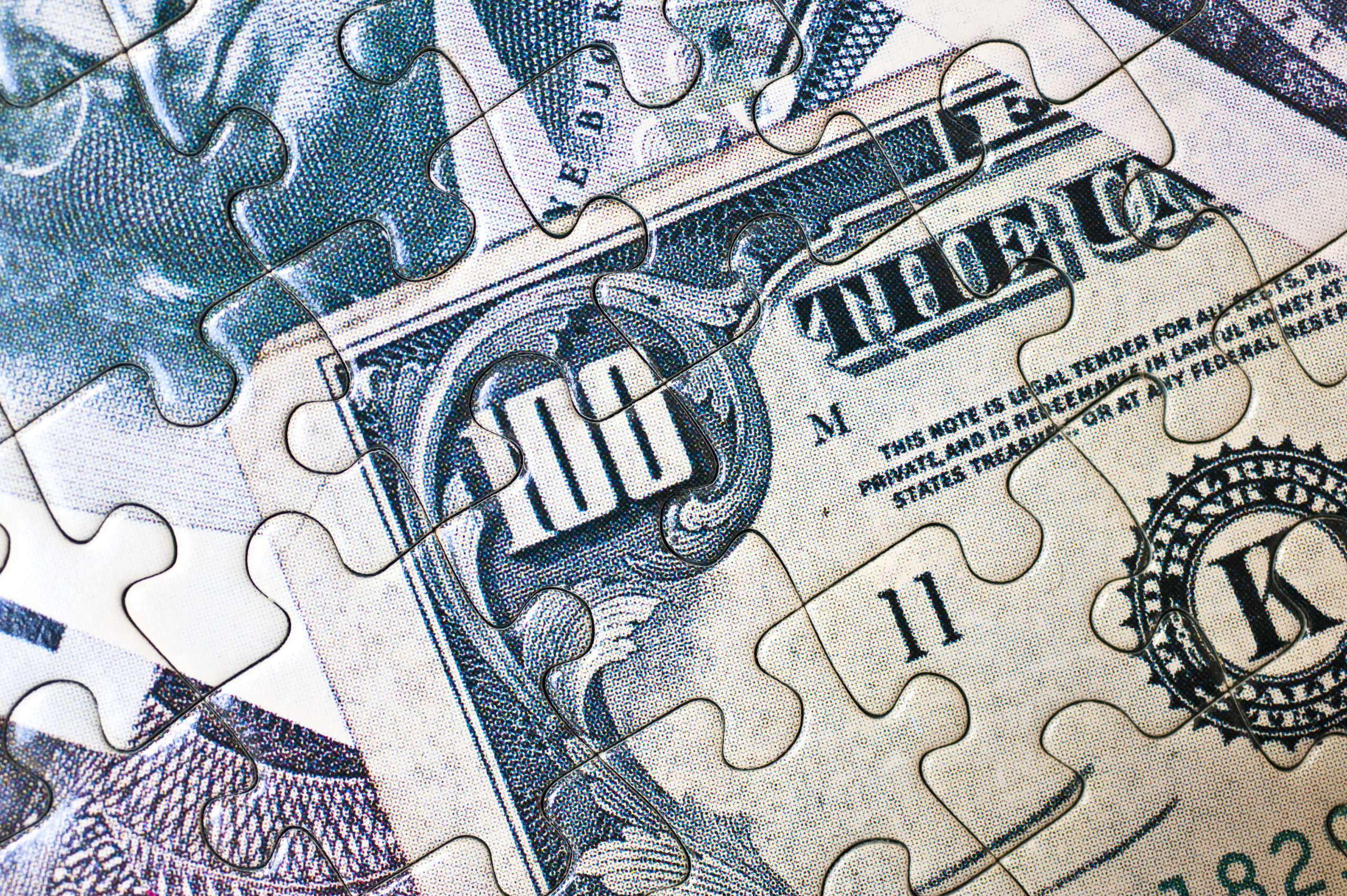
Understanding Settlement Check Delays and How Pre-Settlement Funding Can Help
by Toni Hipolito
When a legal dispute finally comes to an end, it’s natural to look forward to receiving your settlement check. However, what happens when your settlement check gets delayed? If you’re wondering why your lawyer might be holding onto your settlement check, the answer isn’t always clear-cut. There are various factors involved, and understanding them can help make the waiting period less stressful.
Why Are There Delays in Receiving Your Settlement Check?
The process of receiving your settlement check can take time for a number of reasons. It’s important to know that the timing can vary depending on the specific details of your case. Once a settlement agreement is reached, your attorney will typically deposit the check into an escrow or trust account. The funds must then go through a series of steps before they are disbursed to you.
This process could take anywhere from a few weeks to a few months. Attorneys often hold onto your settlement check until certain costs are cleared—this could include legal fees, medical liens, or outstanding bills. All of these steps are necessary to ensure everything is in order before the funds reach you.
Common Reasons for Delays in Settlement Checks
There’s no one-size-fits-all timeline for receiving your settlement check, as the process varies from case to case. Here are some common reasons why your check might take longer than expected:
- Release Forms
The first step after a settlement agreement is reached is signing the release form. By signing this, you’re agreeing to the settlement and relinquishing your right to pursue further legal action. In some cases, multiple parties are involved, and this may require signing multiple forms. If any party disagrees with the provisions, the form may need to be revised, leading to additional delays.
- Delays in Processing
After the release form is signed, the defendant has a set amount of time (which varies by state) to issue the settlement payment. Unfortunately, some insurers take the full amount of time allowed by law to process checks, which can add another 30 days to the waiting period.
- Check Clearance
Once the check is received by your attorney, it is placed in an escrow or trust account. The check will then need to clear with the bank, which can take 5 to 7 days. After that, your attorney will make necessary deductions, such as legal fees, before sending you the remaining balance.
- Payment of Liens and Bills
If you have any outstanding medical bills or liens related to your case, your attorney will use the settlement funds to settle these debts. If there are government liens involved, like those from Medicaid or Medicare, resolving them can take months, further delaying the release of your funds.
How to Speed Up the Settlement Process
While some delays are unavoidable, there are steps you can take to minimize the waiting time. One of the best things you can do is prepare early. You can work with your attorney to have a draft release form ready to go so when the settlement agreement is reached, you only need to make minor adjustments and sign it.
Also, try to get ahead of any medical liens or bills. Talk to your attorney in advance about the potential amount of outstanding medical bills so that you can settle these quickly once the funds arrive. The more proactive you are, the quicker the process will go.
What if You Need Cash Now?
Sometimes, the wait for your settlement check can be too much, especially if you have immediate financial needs. That’s where pre-settlement funding can make a big difference.
Pre-settlement funding, also known as lawsuit loans or legal funding, allows you to receive a cash advance based on your anticipated settlement. The best part? This type of funding doesn’t require a credit check, and your job status doesn’t matter—what matters is the strength of your case.
With pre-settlement funding, you can get the money you need while your case is still ongoing. If you win your case, you’ll repay the principal amount plus interest and a funding fee. If you lose, you don’t owe anything. It’s a risk-free option that can provide the financial support you need during a waiting period that might otherwise be difficult.
That said, it’s important to weigh the costs of pre-settlement funding carefully. Interest is often compounded monthly, and fees can add up if your case takes a long time to resolve. But for some people, it’s the most practical solution to help you stay financially afloat while waiting for your settlement check to come through.
In Conclusion
Receiving your settlement check is an exciting and long-awaited moment, but it can come with a waiting period that varies depending on a variety of factors. Understanding the process, staying in touch with your attorney, and preparing for any potential delays can help ease the frustration. And if you need immediate cash, pre-settlement funding could be a helpful option to get you through until your check arrives.
At Trauma Cash, we’re here to support you during this time with fast and reliable funding options, so you can focus on your recovery without financial worry.
